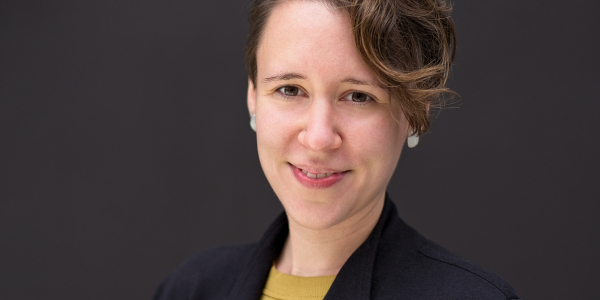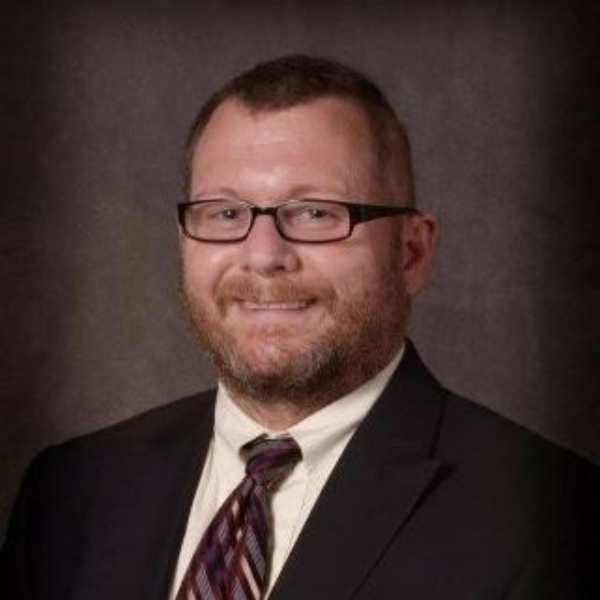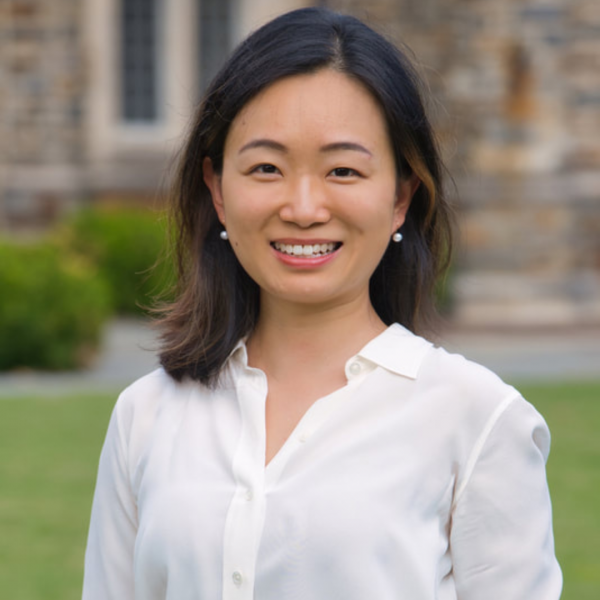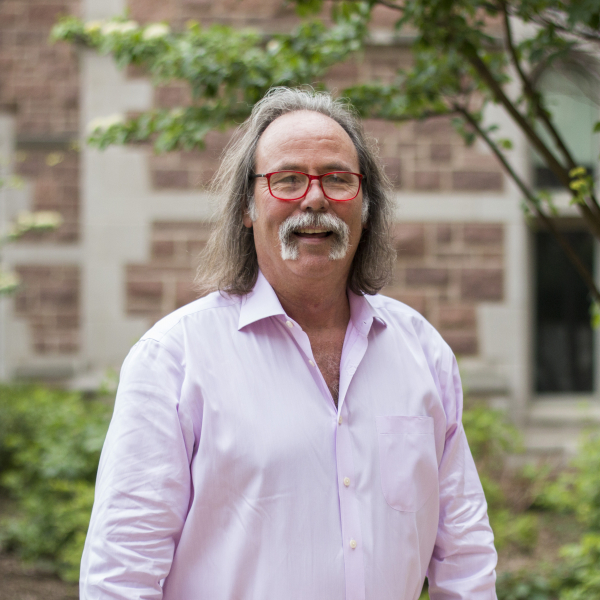Dr. Anna Wilke, Assistant Professor of Political Science
Where did you grow up?
I grew up in Berlin, Germany.
Where did you complete your undergrad?
Universität Mannheim in Germany
Where did you complete your PhD?
Columbia University
When did you come to WashU?
Fall 2022
What is your area of concentration (IR, Comparative, Methods, American, etc.)?
Comparative Politics/Political Economy and some methods
Why did you pursue political science?
When I graduated from high school, I wanted to work in the aid industry. I chose to study political science with a minor in economics because I thought it would prepare me for that career path. I happened to enroll in a very research oriented undergraduate program that set me up to place a high value on social scientific evidence. After a couple of internships in the aid industry which left me dissatisfied in various ways (in part because of the limited extent to which program design and evaluation were tied to evidence), I decided to pursue a more research-oriented path.
What are you currently working on?
One of my biggest on-going projects is a set of field experiments in Kenya and Nigeria that seek to understand the effects of gender empowerment on both girls and boys. We map social networks in high schools and enroll a randomly chosen set of girls in a social club that exposes them to gender empowerment messaging. Such empowerment interventions are common and have been subject to study, but usually research focuses on effects on girls or women. How such campaigns affect the views and behavior of men or boys in women’s social networks, however, may determine whether such campaigns can shift a community’s broader gender norms. On the one hand, one could imagine campaigns that empower women to cause men to also become less gender conservative. On the other hand, such campaigns may harden gender divisions and cause backlash among men. The project is part of a broader research agenda that seeks to understand how traditional gender norms as well as gender norm change affect men.
What is one piece of advice you would give a student interested in becoming a professor?
This advice is more for dissertation writing in general: Don’t worry too much about following the classic hypothetico-deductive methods whereby you come up with a research question first, then write down a theory, derive a hypothesis and build a test of that hypothesis. This process is an ideal and practices like pre-registration help us be transparent about where we diverge from this ideal. However, real research is almost always a back and forth between deduction and induction – and as a grad student one tends to worry excessively about not having everything together upfront. Stick with the creative process, and once you get to the end of it, you will see that a lot of things revealed themselves throughout and could not have been known upfront.
If you were not a political science professor, what would you be doing?
Throughout much of my childhood and teenage years I wanted to become a writer. So, I like to imagine that I would be writing novels.
What is the best way to spend a summer day in St. Louis?
After living in NYC for a long time, I am still amazed by the fact that I have an apartment with a balcony in St. Louis. So, I will say lounging on my balcony with a good book. I also love that St. Louis has so much green space. Taking a stroll in Forest Park is another nice thing to do in summer.
Favorite place to eat in St. Louis (or on campus)?
What was the last book you read for pleasure?
Call Me Brooklyn by Eduardo Lago
Who is someone who influenced you?
All three of my grad school advisors had a tremendous influence on me. On a personal level, Don Green taught me to adopt at least a bit of the American optimism that truly does not come natural to me as a pessimistic German, Macartan Humphreys showed me how to be curious about, take seriously and help improve the intellectual work of each and every person regardless of rank, methodological leaning or subfield, and Michael Ting’s matter-of-fact approach has given me the confidence to ignore the noise and focus on the important.





